On August 27, 2025, Working Group No. 4 of the Ministry of Science and Technology (MOST) worked in Lang Son province to promptly remove difficulties and obstacles in the fields of science and technology, innovation and digital transformation (S&T) in the locality when operating a two-level local government model.
According to the report of the Department of Science and Technology of Lang Son province, the Department has advised the Provincial People's Committee to issue many documents, including Decision No. 1295/QD-UBND on adding electronic identification codes for agencies and units in Lang Son province, Plan No. 169/KH-UBND on deploying an important information system serving two-level government and Plan No. 210/KH-UBND on overcoming difficulties and problems that still exist in the process of implementing administrative procedures and online public services according to the two-level local government model.

The delegation of the Ministry of Science and Technology worked with the Department of Science and Technology of Lang Son province on the operation of two-level local government.
Telecommunications infrastructure is guaranteed, with 100% of communes and wards covered by mobile and high-speed internet, nearly 100% of the population covered by 3G/4G/5G, including 40 5G stations. The database system is invested synchronously, notably the Lang Son Cloud platform and shared data warehouse, connecting with 44 information systems and databases of the Central and local governments. Digital platforms serving people and businesses such as online public service systems, digital border gates, digital civil servant virtual assistants, etc. operate stably.
Before July 1, 2025, the Provincial People's Committee completed the announcement of 846/846 administrative procedures (TTHC) according to 28 decentralization decrees on the National Public Service Portal and publicly posted them at the headquarters of the Public Administration Service Centers of communes. The province has completed the configuration of TTHC, created user accounts for 65/65 communes and wards to synchronously connect with the National Public Service Portal.
Regarding human resources, the province has established a Steering Committee for Science, Technology, Innovation and Digital Transformation at 100% of agencies and units. The Department has organized training courses for commune-level officials to support people in using digital platforms; organized 3 training courses on virtual assistants for 120 officials, civil servants and public employees; and deployed the "Digital Education for the People" movement. Up to now, Lang Son province has 1,646 teams with more than 8,800 members trained and ready to directly support people in getting acquainted with digital platforms. Information technology forces have been mobilized to the grassroots level since the early days of implementing the two-level government model. In addition, the province has organized programs to improve digital skills for people, guide and support people, guide and support people in resolving administrative procedures in the electronic environment.
Mr. Tran Huu Giang, Deputy Director of Lang Son Department of Science and Technology, shared that, besides the achieved results, the province still faces many difficulties, especially the lack of specialized human resources in science and technology and digital transformation; information technology equipment in some communes and wards after the rearrangement is still lacking and not synchronized; commune-level civil servants are confused in implementing new tasks such as inspection of measurement, quality management of products and goods due to lack of training; the frequency licensing software system is not yet connected with the National Public Service Portal, etc.

Mr. Tran Huu Giang shared the difficulties of Lang Son province when implementing a two-level government.
At the working session, Lang Son province proposed and recommended the Ministry of Science and Technology to: Strengthen training and professional development in science and technology, innovation and digital transformation for officials and civil servants on digital transformation, intellectual property work, and state inspection of quality measurement standards; promptly issue a Circular regulating job positions; provide guidance on determining job positions in digital transformation that enjoy the support level prescribed in Decree 179 of the Government; promptly issue economic and technical norms and unit prices for public career services in the field of science and technology; support communication solution documents and technical instructions for localities to promote propaganda work, raise social awareness about digital transformation, digital government, digital economy, digital society; compile a professional handbook on science and technology, innovation and digital transformation to support the effective implementation of activities related to science and technology, innovation and digital transformation in agencies and organizations.
Speaking at the meeting, Mr. Nguyen Sy Dang, Deputy Director of the Department of Technology Assessment and Appraisal, Head of the working group, acknowledged and highly appreciated the implementation results of Lang Son province in operating the two-level government model, especially in handling administrative procedures associated with people's satisfaction. Mr. Nguyen Sy Dang requested that the members of the group, according to their functions and tasks, fully record local recommendations to review, evaluate and propose amendments and supplements to legal documents to ensure the unity and synchronization of the system.
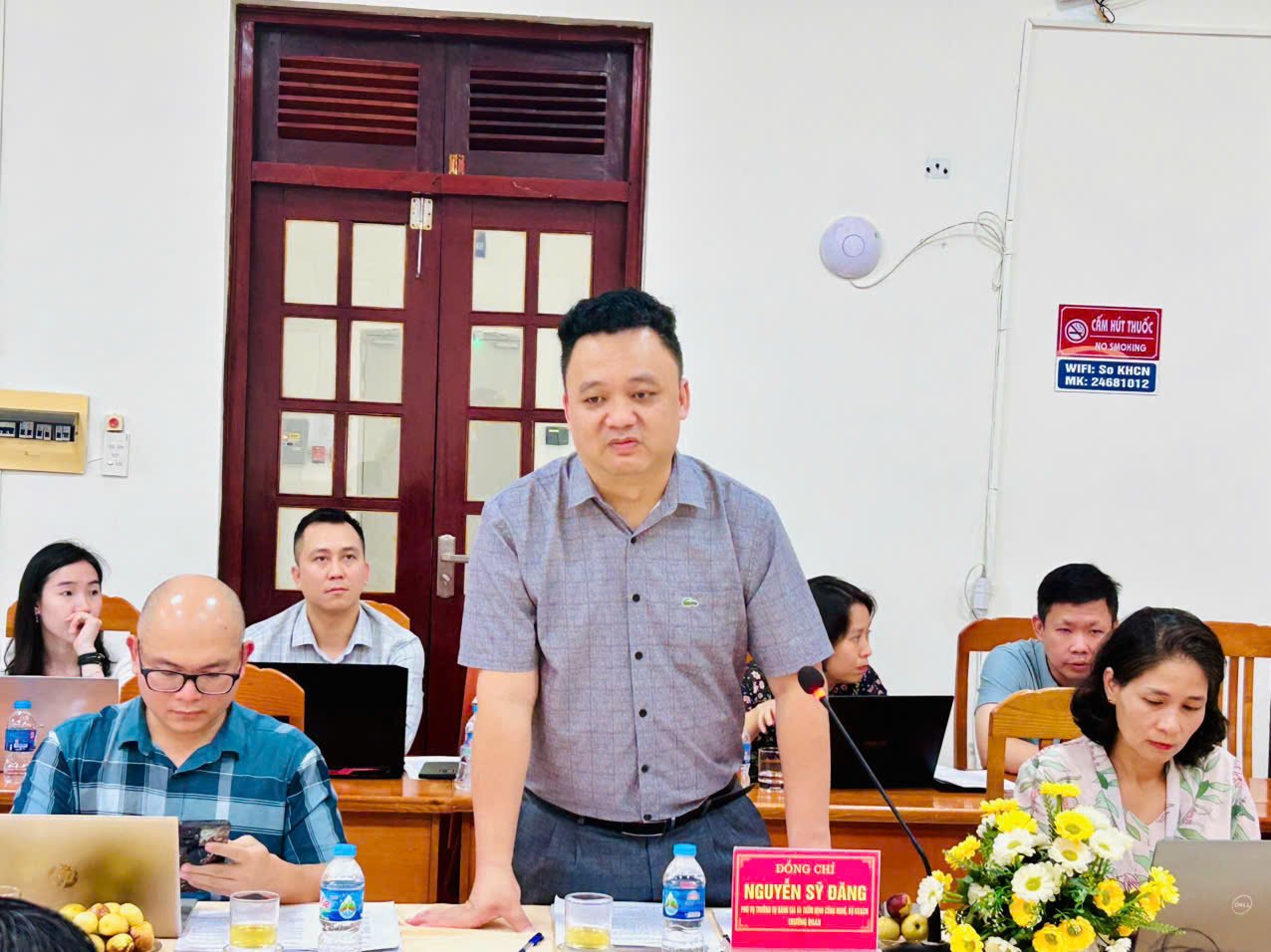
Mr. Nguyen Sy Dang highly appreciated the implementation results of Lang Son province in operating the two-level government model.
At the working session, problems related to intellectual property, quality measurement standards, administrative procedures, digital transformation, telecommunications and IT application were directly answered, guided and shared practical experiences by representatives of specialized units of the Ministry of Science and Technology. The working group affirmed that it will accompany and support Lang Son in implementing the two-level government model, ensuring smooth and effective S&T activities. Regarding contents beyond its authority, the group has recorded and summarized them to report to the Ministry's leaders and proposed timely solutions.
During the working trip, the delegation visited the Provincial Public Administration Service Center and Dong Kinh Ward Public Administration Service Center, directly grasped the actual situation, listened to and promptly answered difficulties and problems during the implementation process.



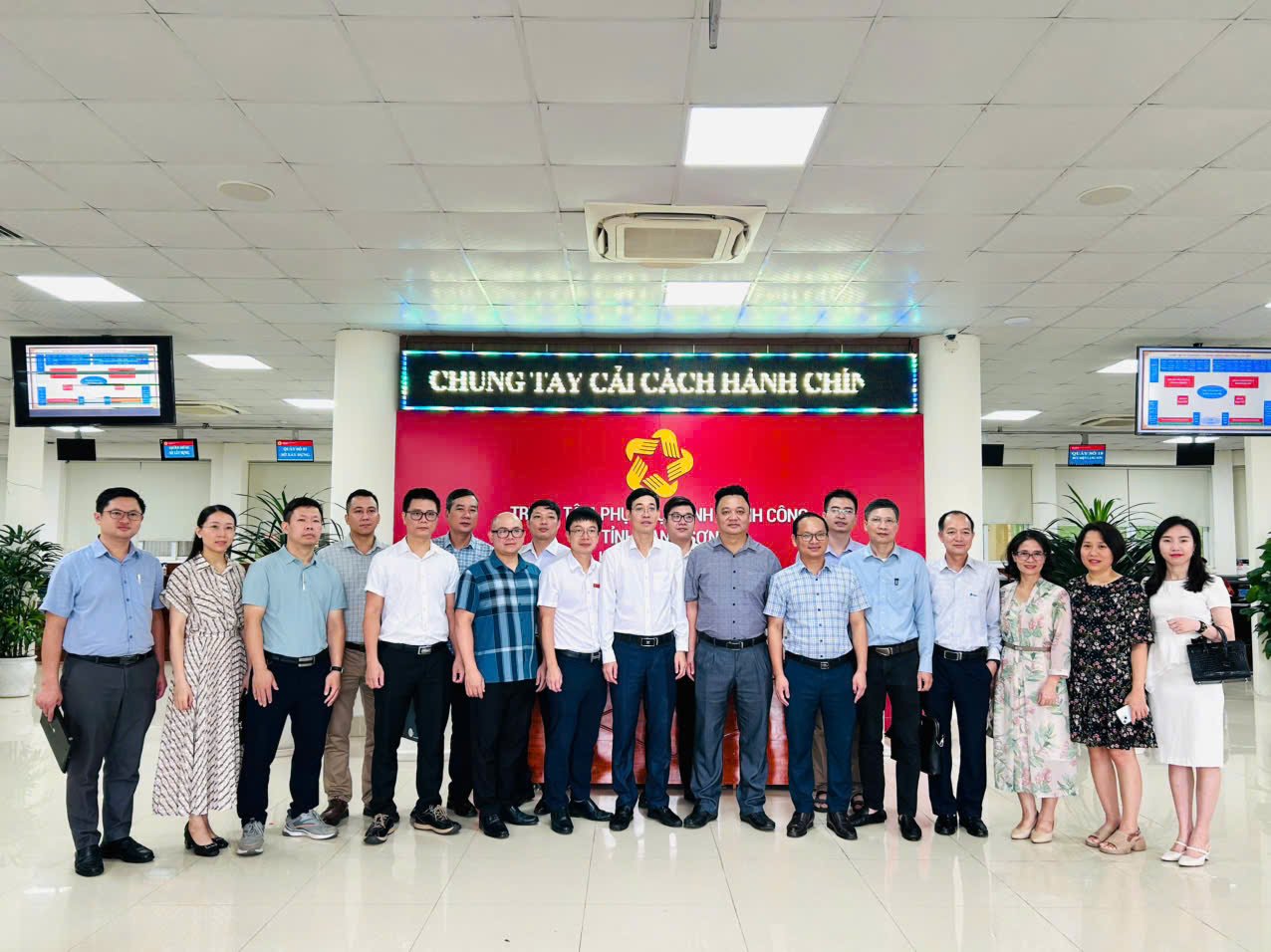
A working delegation from the Ministry of Science and Technology conducted a survey at the Public Administration Service Center of Lang Son province.
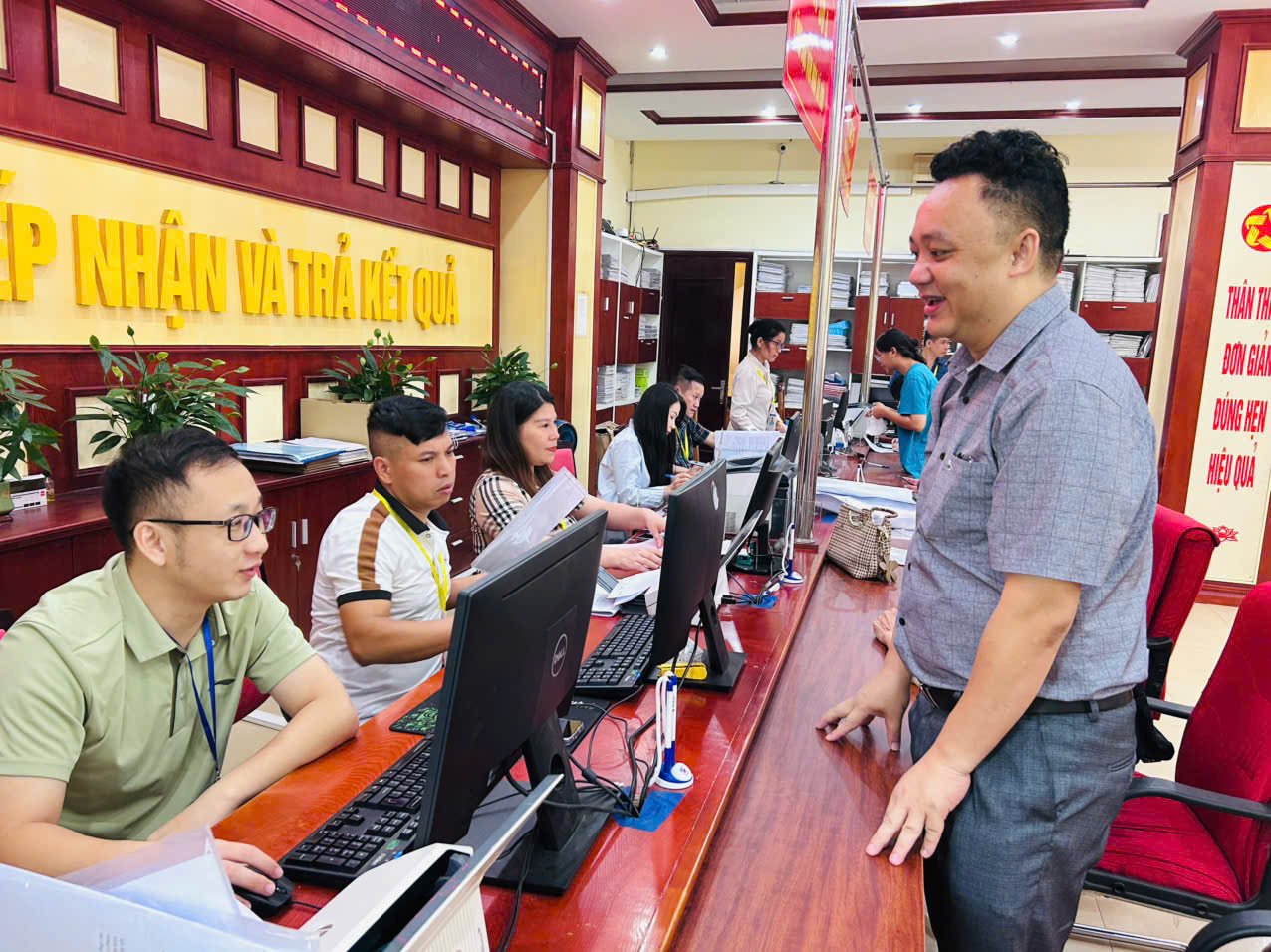


The working group of the Ministry of Science and Technology surveyed at the Dong Kinh Ward Public Administration Service Center.
The working trip of the Ministry of Science and Technology to Lang Son is an important activity to promptly grasp the situation of implementing two-level local government, listen to the difficulties and obstacles of the locality, thereby drawing lessons to replicate and perfect the model in the coming time. The working group also shared many practical experiences from other localities, suggesting implementation solutions suitable to the specific conditions of Lang Son.
Source: https://mst.gov.vn/khi-chinh-quyen-hai-cap-o-lang-son-gan-hon-voi-nguoi-dan-197250827114215687.htm




![[Photo] Many people eagerly await the preliminary review despite heavy rain](https://vphoto.vietnam.vn/thumb/1200x675/vietnam/resource/IMAGE/2025/8/27/4dc782c65c1244b196890448bafa9b69)


![[Photo] Panorama of the 29th Congress of the Party Committee of Nhan Dan Newspaper](https://vphoto.vietnam.vn/thumb/1200x675/vietnam/resource/IMAGE/2025/8/27/aa31210f7e2b47de948b2b60dde20aff)

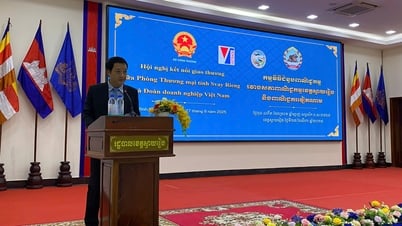



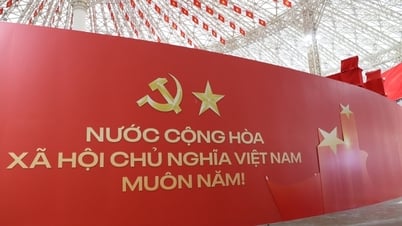
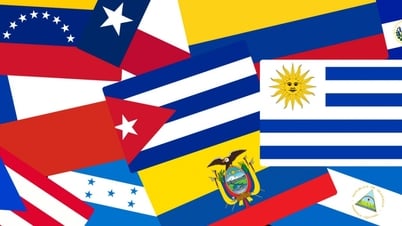
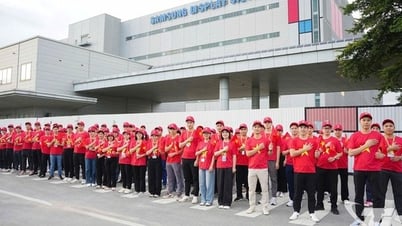
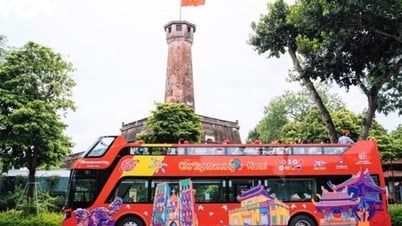




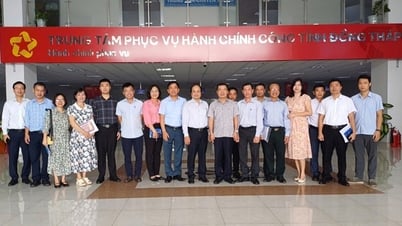
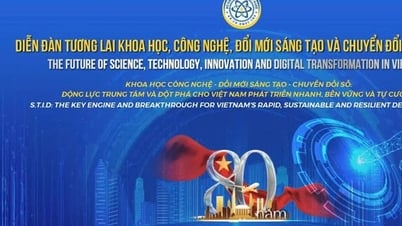


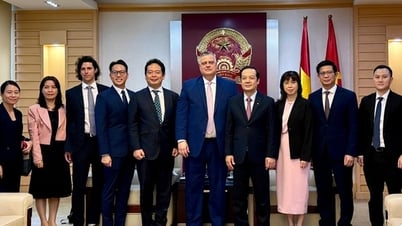
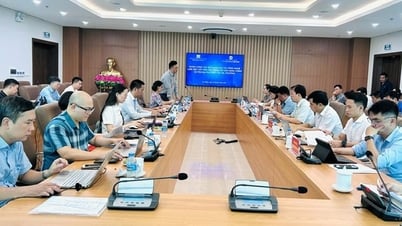





























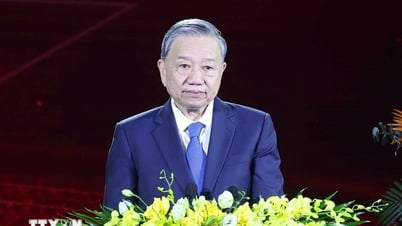


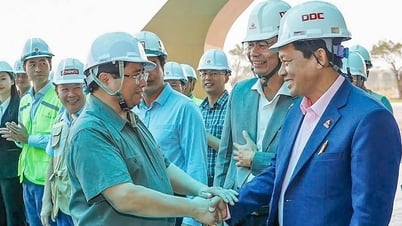
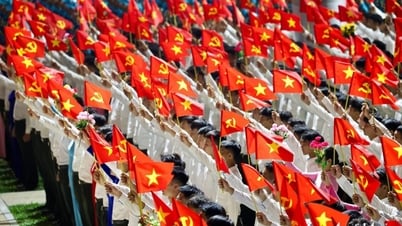




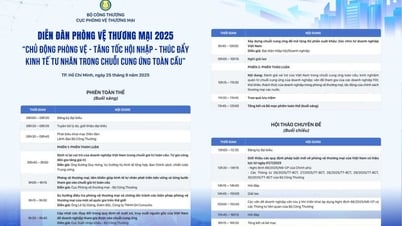
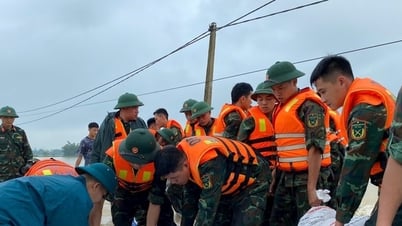





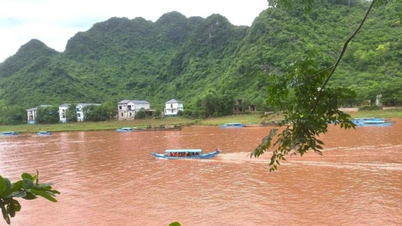

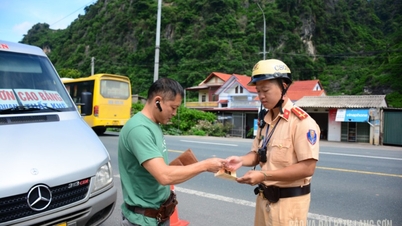












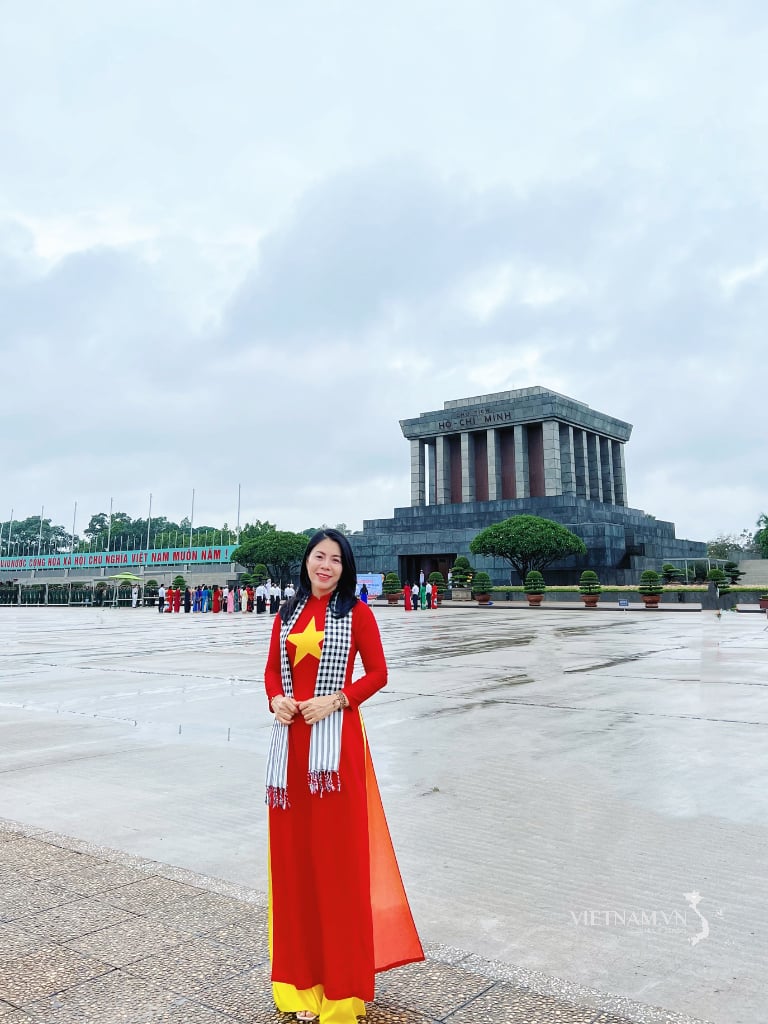
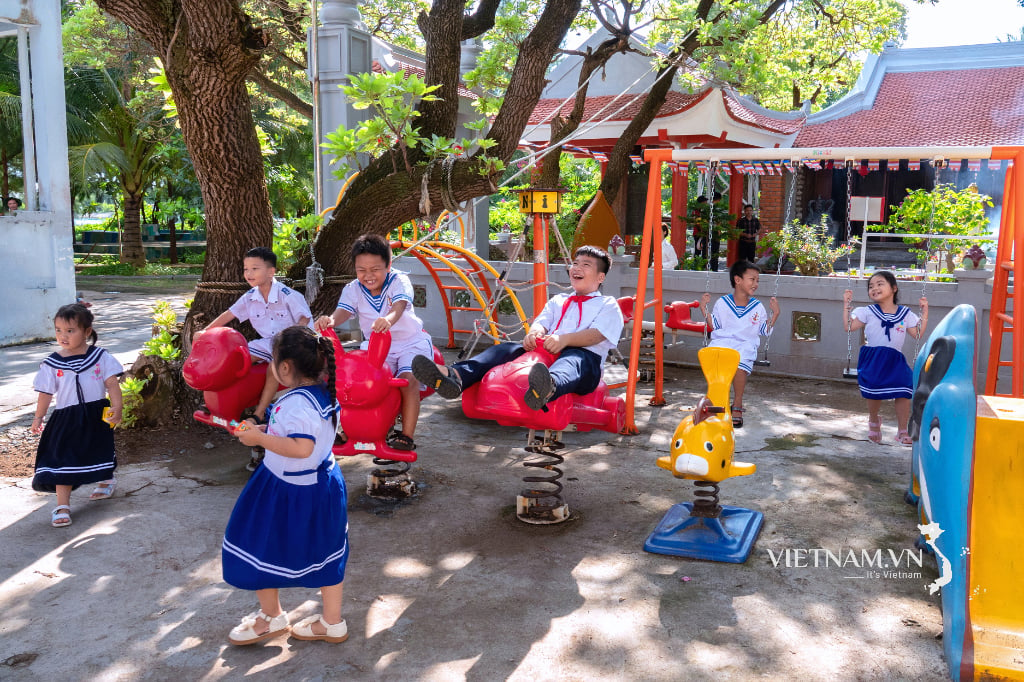

Comment (0)